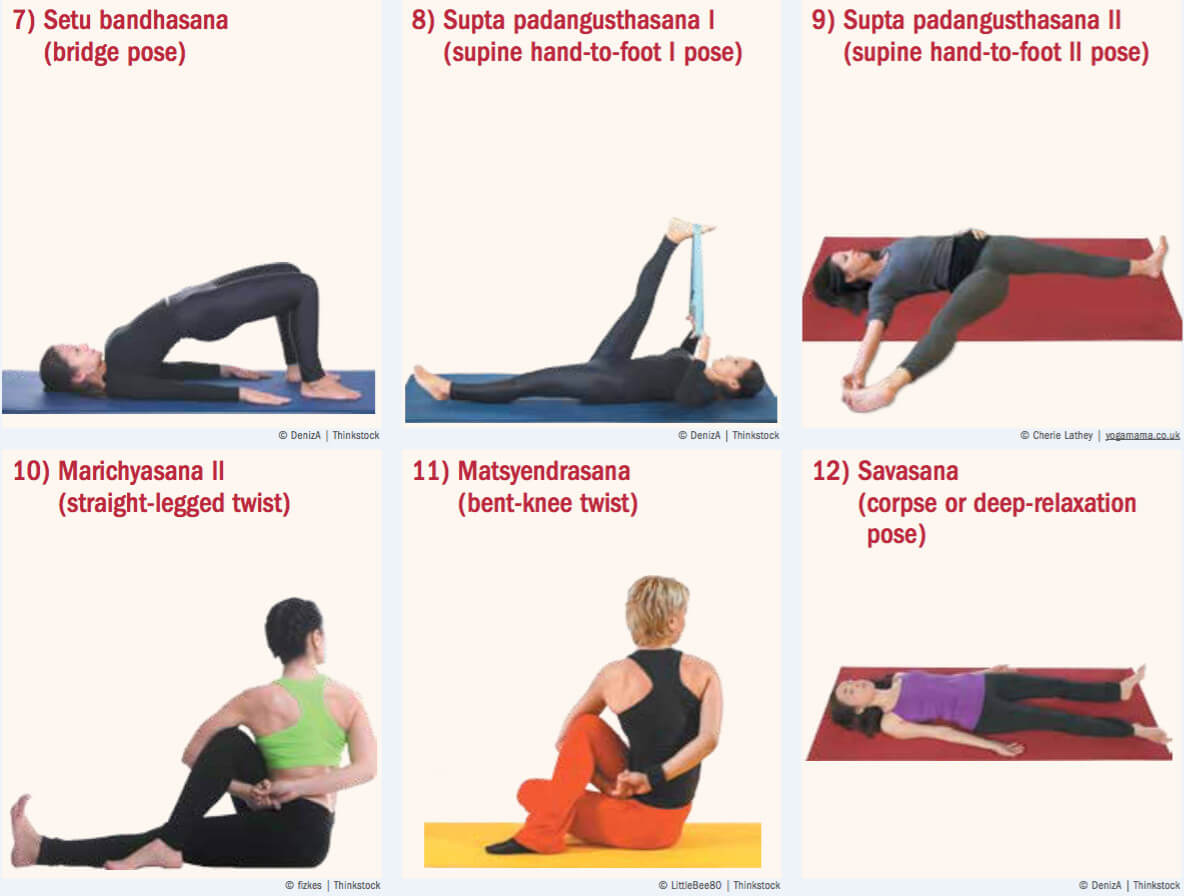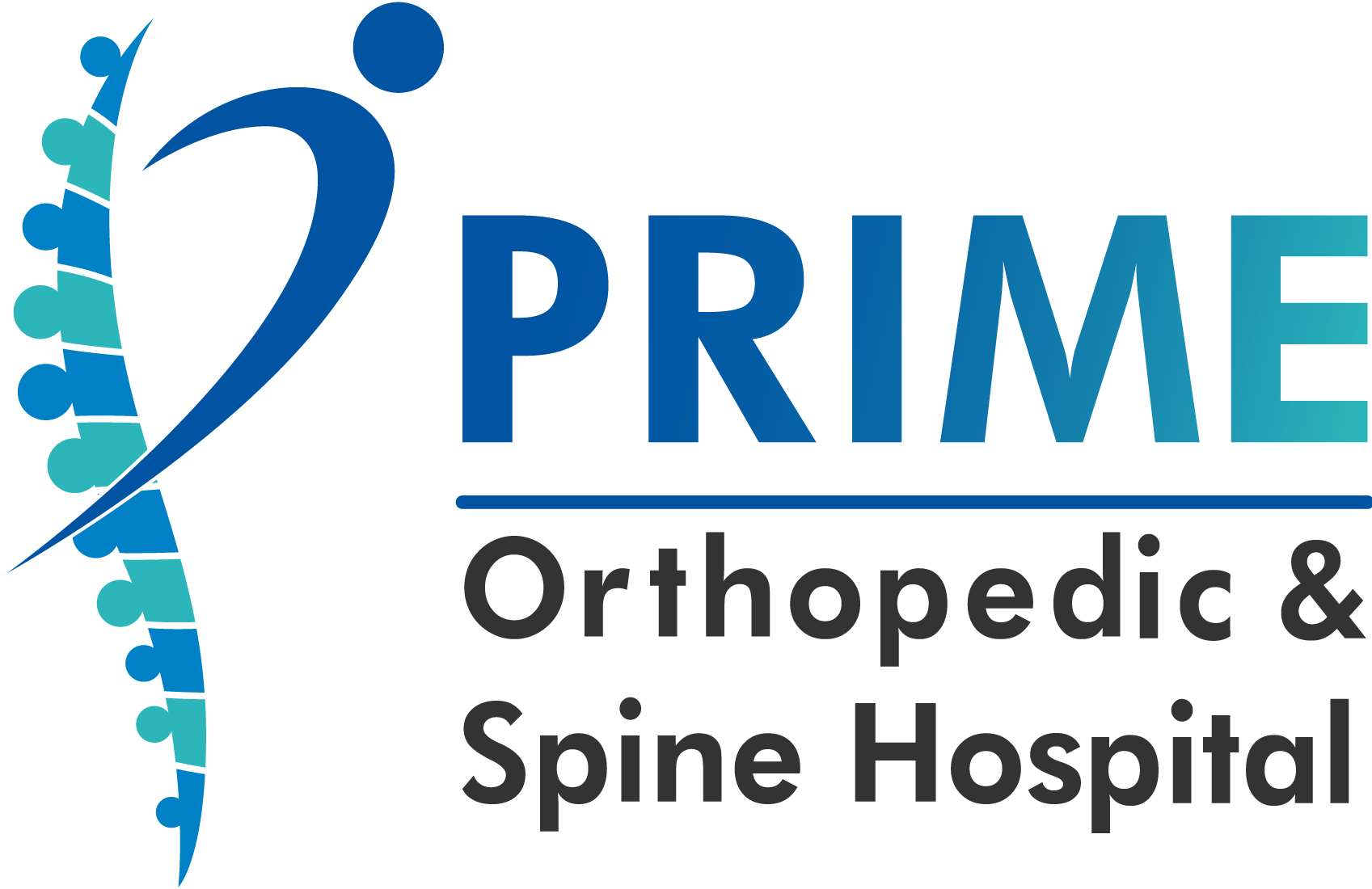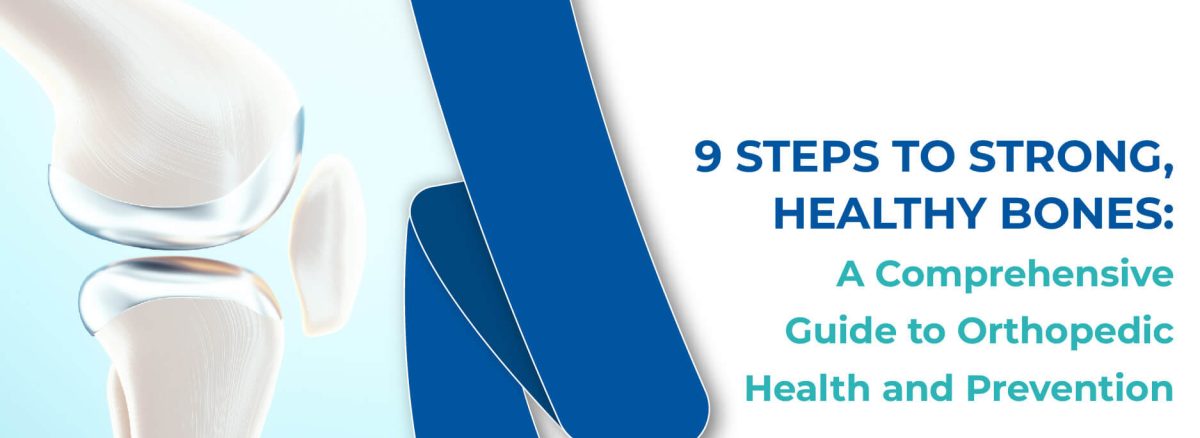Did you ever have a bone injury? If you answered yes, you probably understand how much it hurts and how long it takes to heal.
As an ortho hospital, I/we intend to advise you on how you can protect and care for your bones. This blog is going to be a detailed one. Save it for later reference.
What are the things that are crucial for bone health?
Diet
Diet is extremely important for bone health. As an orthopedic hospital we guide our patients to intake proper diet, in case you wish to avoid orthopedic problems.
Calcium

An adult needs 700 mg of calcium per day1. The need for calcium differs according to our age. To read more about the need for calcium and how it affects our body, please read our next blog.
Dosage requirements of Calcium:
- Adults: 700 to 1000 mg per day
- Women over 50 years of age: 1200 mg per day
- Old age group over 70 years old: 1200 mg per day
- Children aged 4 to 18: 1300 mg per day
Dietary sources of Calcium include:
- Milk, cheese, dairy products
- Green leafy vegetables
- Soya beans
- Tofu
- Plant-based drinks
- Nuts
- Fortified flour
- Fish
- Seeds
- Yogurt
- Almonds
- Canned Fish
- Beans
- Lentils
- Figs
Vitamin D:
Did you know that 88% of Delhi’s population is vitamin D deficient? As an orthopedic hospital, we are constantly analyzing what causes a deficiency of certain vitamins in people. According to one study, high levels of pollution cause UV rays to be blocked2. To read a detailed guide about Vitamin D, keep an eye on our next blog.
Vitamin D is available in two forms viz; D2 and D3. Vitamin D3 is more useful in treating the deficiency however, we generally prescribe Vitamin D2. It is just because D2 is available in larger dosages.
Sources of Vitamin D
The Sun is the biggest source of Vitamin D. However, due to our hectic schedules, at times, it is not possible to go out in the Sun. As a result of which our bodies start becoming Vitamin D deficient.
If your bodies lack Vitamin D then they further hamper the absorption of Calcium in your bones and this leads to the orthopedic problems. We recommend blood tests at regular intervals after the age 40 to check the levels of vitamin D.
Following foods are high in vitamin D3. You must include them in your daily diet. To read more about nutritional information you should visit the 3rd link mentioned above.
Sources of Vitamin D
Liver
Fish
Mushrooms
Egg Yolk
Soymilk
People with dark skin find it hard to make vitamin D from the Sunlight. In such cases, as an ortho hospital, we prescribe vitamin D supplements. But you should never take vitamin D supplements on your own without consulting a doctor. Excess levels of vitamin D can do harm to your body and cause health issues like:
High doses of Vitamin D cause:
- vomiting
- polyuria, or increased daily urine output
- confusion
- polydipsia, or an abnormal increase in thirst
- apathy
- abdominal pain
- dehydration
Exercise:
As the best orthopedic and spine hospital, we advise our patients to exercise regularly in order to avoid certain diseases. Exercise is important for maintaining strong bones and preventing osteoporosis.
Here are some types of exercises that are particularly beneficial for bone health:
Weight-bearing exercises:
These exercises work against gravity. As an ortho hospital, we always caution our patients not to do any activity without knowing whether it suits your medical condition.
This is because certain exercises are not suitable if you have conditions like osteoporosis. If you have any issues of bones or frequent fractures then it is necessary to consult an orthopedic and spine hospital before doing any types of physical exercises.
High Impact weight-bearing exercises:
As an ortho hospital, we understand that sometimes people do not have time to exercise daily for a specific period of time. If you are one of them, you should do HIIT exercise. HIIT exercises involve short bursts of super-intense exercises with frequent breaks in-between.
These exercises help to strengthen the bones. However, if you have an orthopedic condition like Osteoporosis, then you should check with your orthopedic hospital before doing it.
The exercises that fall in the category of ‘high impact weight-bearing’ exercises include:
- Dancing
- Aerobics
- Hiking
- Jogging/Running
- Jumping Rope
- Tennis
- Stairs climbing
Low-impact weight-bearing exercises:
These exercises are suggested for people who cannot do high-impact weight-bearing exercises. These exercises include;
- Low-impact aerobics
- Using stair step machines
- Using elliptical training machines
- Walking on a treadmill
Muscle-Strengthening Exercises:
These activities are good to build strong muscles. Muscles give our body a definite shape, hold the bones together, and help us with daily movements. That’s why taking care of your muscles is very necessary.
Here are some exercises for muscles;
- Lifting weights
- Using elastic bands for exercise
- Usings weights for lifting
- Functional movements
- Lifting your own body weight
- Yoga
Resistance Exercises:

Exercise is essential for the proper development of muscles and bones. But all sorts of exercises are not suitable for all ages. Therefore considering your age you should opt for a particular exercise.
Resistance exercises increase muscle strength and benefit the joints. It is a myth that to perform resistance exercise, you require weights. Resistance exercises can be done at home with simple equipment.
Benefits of resistance exercise include:
- Boosts metabolism
- Reduce body fat
- Increase bone density
- Improves balance
- Improves mental health
- Builds muscle mass
- Reduces the risk of sports injuries
Resistance exercises can be done at home with simple equipments like:
- elastic resistance bands
- suspension straps
- medicine balls
- kettlebells
- any kind of free-form weight (like dumbbells)
Balance Exercises:
Balance exercises strengthen the core muscles. These exercises help our bodies to gain stability and make us strong from inside so that at the slightest fall, we don’t fracture our bones.
As an orthopedic and spine hospital, we recommend balance exercises to specific categories of people like:
- Older people
- People having neuromuscular conditions
- People suffering from Stroke or Parkinson’s disease
- Dementia
- For Cancer rehabilitation
- For back pain
- For obese people
Stretching Exercises:
Stretching exercises improve our range of motion and provide flexibility to the muscles.
Benefits of stretching exercises include:
- Flexible muscles
- Increased blood flow
- Improves physical activities
- Decreases risk of fractures or orthopedic injuries
- Improves the abilities of the core
The different types of stretching exercises can be done to target specific body parts, such as:
- Stretching exercises for the back
- Stretching exercises for leg
- For inner thigh strength
- For ankle stretch
Yoga:
Yoga is an ancient Indian technique for physical, emotional, and spiritual wellness. Yoga helps to strengthen the muscles, increases bone density, and increases their inner strength to deal with simple injuries. Yoga can benefit in diseases like arthritis, osteoporosis, cervical spondylosis and back pain issues.


Benefits of yoga for bone health include:
- Increases flexibility
- Reduces back pain
- Increases bone density
- Helps in blood circulation
- Activates lymph nodes
- Regulates adrenal glands
- Improves balance
- Calms the nervous system
Healthy Habits
Healthy habits play a very important role in keeping you healthy. As an orthopedic hospital, we often tell our patients to adopt healthy habits. They not only help in bone health, but in overall health.
Good habits for healthy bones include:
- Including sufficient quantity of Calcium and Vitamin D in your diet
- Physical activity (endurance, flexibility, strength exercises)
- Avoiding tobacco and alcohol abuse
- Maintaining healthy weight levels
- Taking supplements for bones after specific age, particularly if you are a women
- Hormonal levels
- Avoiding OTC medicines
- Avoid wearing improper footwear like high heeled footwear or footwear with inadequate cushion
Rest and Stress
Rest and stress also affect bone health. High levels of cortisol lead to issues relating to immunity and cause inflammation. We have seen a link between inflammatory disease and bone loss.
You must have observed that, when you are stressed, you feel pain in the neck or back. This itself is an indication that stress is badly affecting your bones.
What can be done to avoid damage to bones due to stress?
- Take frequent breaks
- Meditate
- Stay hydrated
- Take balanced diet
Injury
Various types of injuries can also affect bones. For example, if the blood gets collected under your bone, then it is referred to as bone bruise.
Chronic Conditions
If you are having chronic health conditions like coeliac disease, inflammatory bowel disease, diabetes, chronic kidney disease, chronic liver disease then you are at an increased risk of fragility fracture.
Vitamins
Vitamins play a crucial role in the development of bones. Among all of the vitamins, Vitamin D and Calcium are most important for bone health. You need to take extra care of your diet if you’re:
- A vegetarian
- A women
- A women nearing menopause
- Senior citizen
- A child in growing years
- A sports person
- Someone with dark skin
- Someone who rarely goes out in the sun

